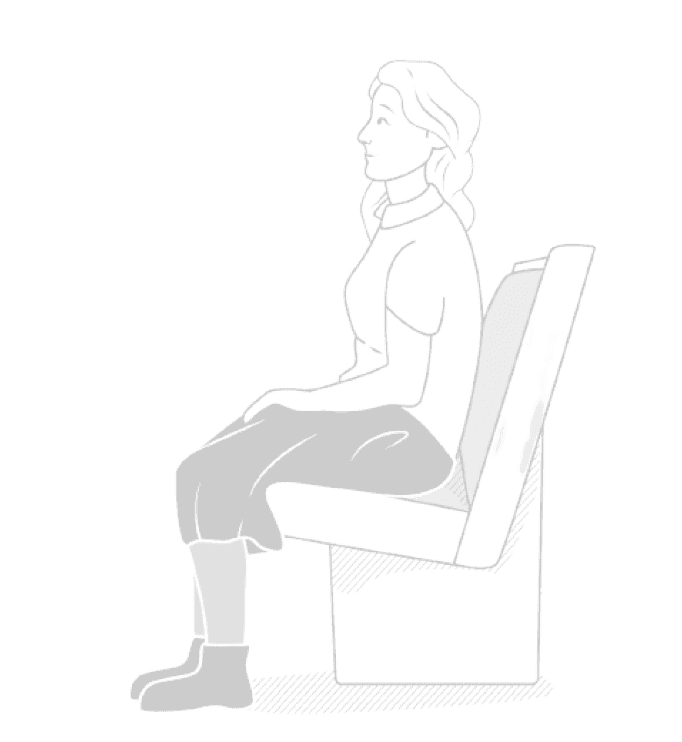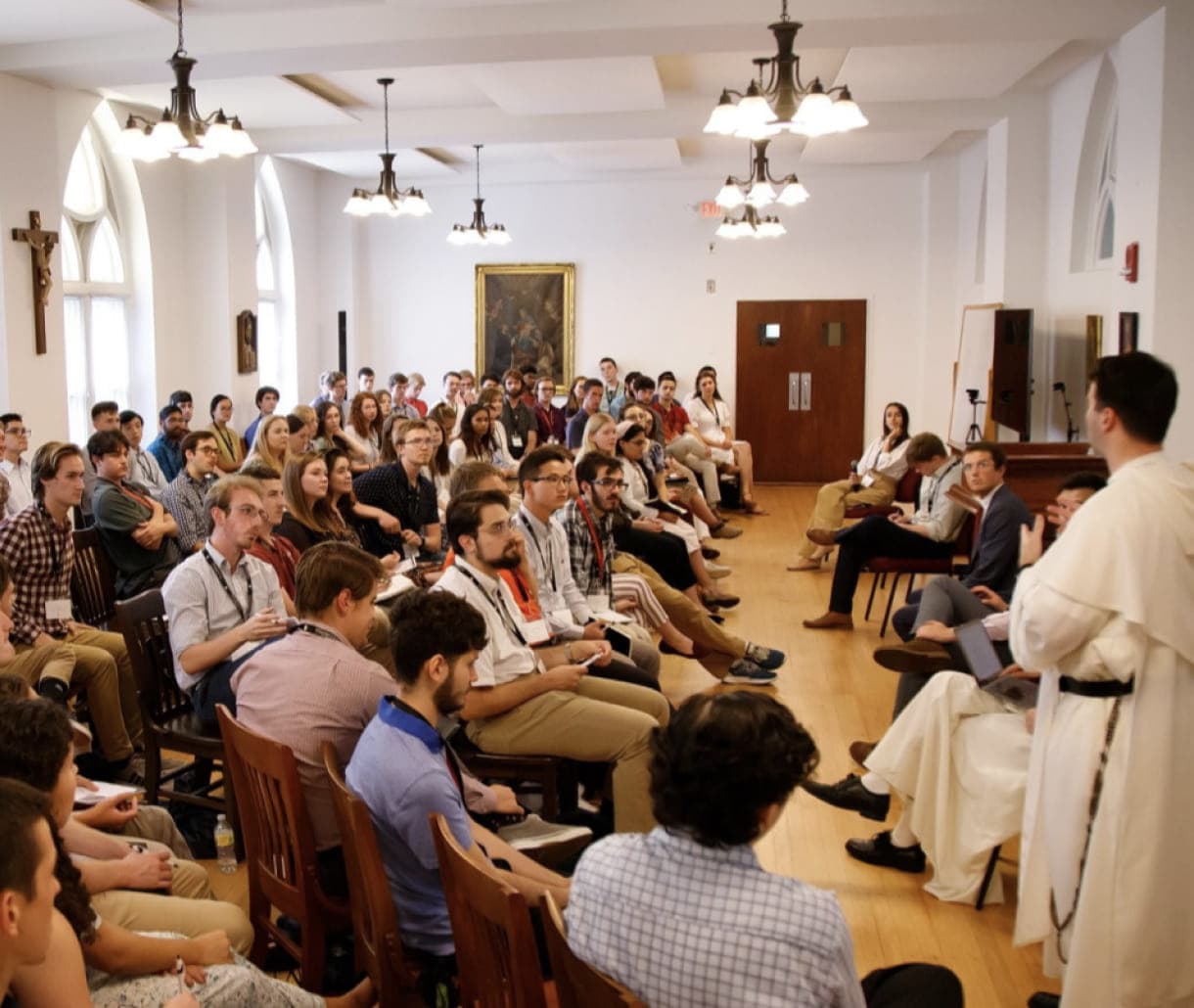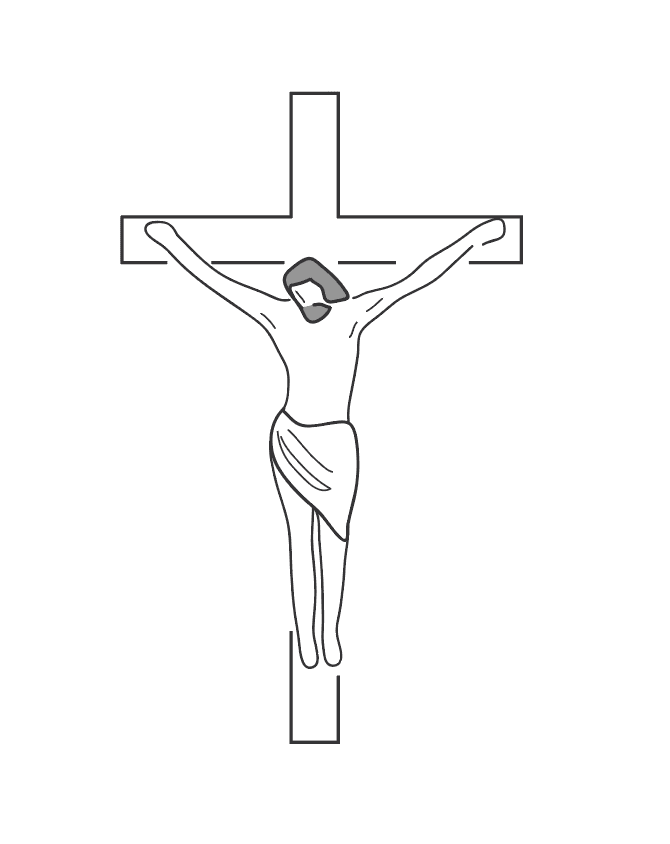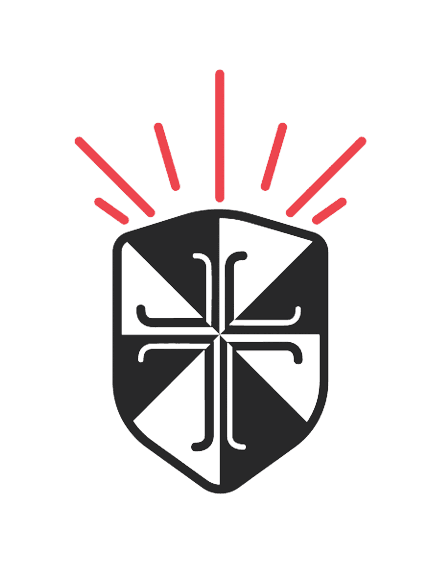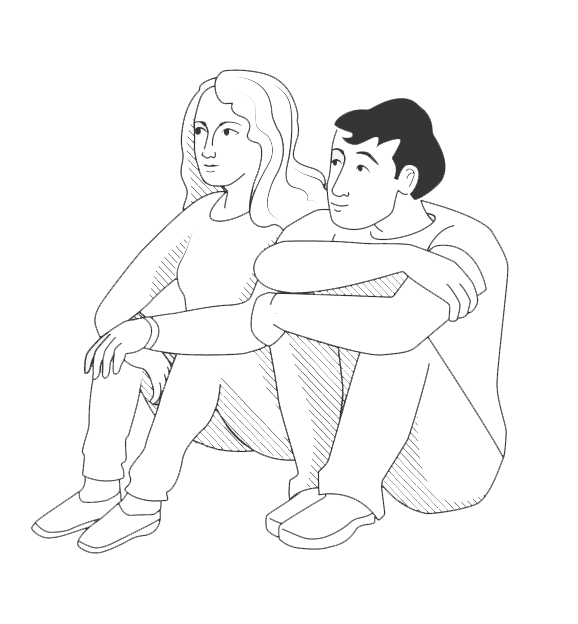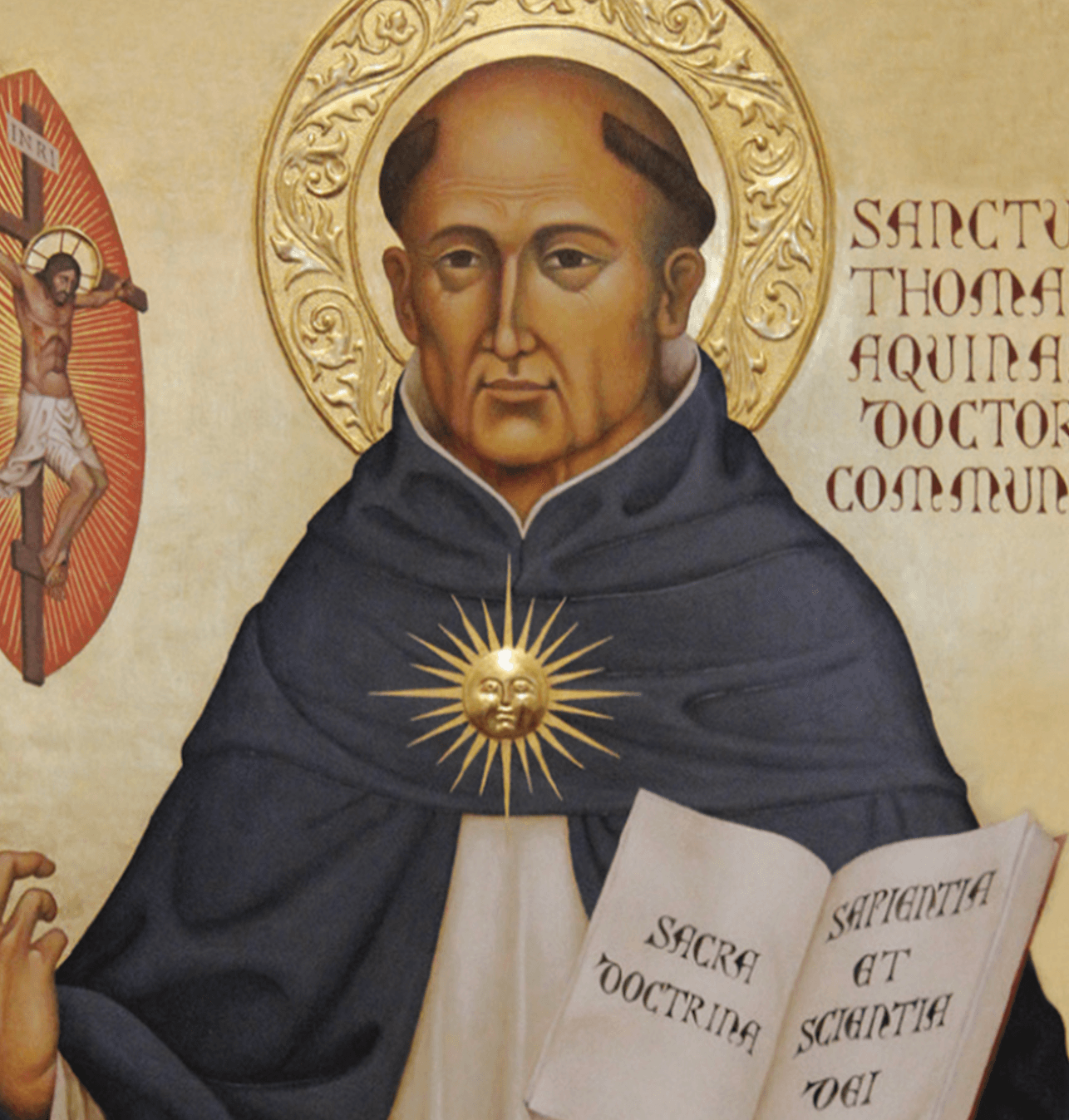
Looking for truth? Meet your new guide, St. Thomas Aquinas.
St. Thomas Aquinas (1225-1274) is widely regarded as one of the world's greatest philosophers and theologians. A masterful interpreter of reality, he has proven to be one of history’s finest teachers. His writings assist us in answering perennial questions about God, man, the natural world, law, and morality, as well as questions of special relevance to our time, like the relationship between modern science and faith or pursuing happiness in the digital era.
For centuries, St. Thomas’s philosophical and theological teachings have helped countless men and women like you pursue truth, deepen their faith, and develop a holistic understanding of the human person. Learning from St. Thomas won’t just help you understand yourself and the world around you — it will make you a better spouse, parent, friend, community member, and evangelist.

